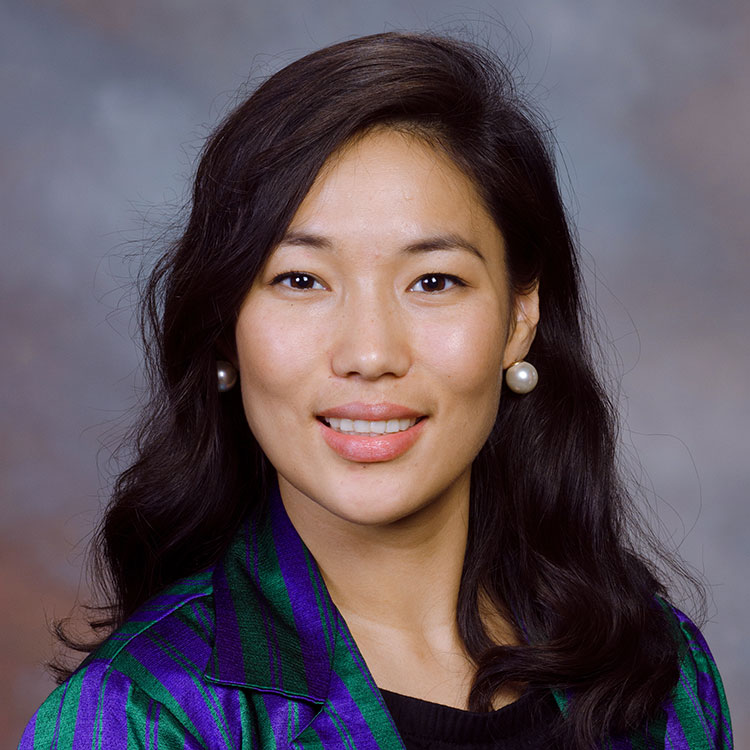FEATURE STORY
One Year On:
5 Lessons of Leadership from Afghan Women
By Lina Tori Jan
When refugees flee a desperate situation, the journey isn’t just a matter of geography.
As they simultaneously navigate legal, social, and financial hurdles along the way, they are forced to make a litany of consequential decisions with little time and even less support. Personal and societal values play a role in nearly every decision, and survival often becomes a test of character.
The fall of Kabul last August made refugees out of tens of thousands of Afghans. Over the course of their escape, many crossed Taliban checkpoints and were shot at, tear gassed, and trampled under desperate crowds. Most left the country with only their paperwork and the clothes on their backs.
The Georgetown Institute for Women, Peace and Security (GIWPS) played a central role in evacuating some of those individuals who included high-risk Afghan women leaders, including women’s rights activists, journalists, policymakers, and public officials. No one wanted to leave, but staying would have meant arrests, reprisals, and even death at the hands of the Taliban. When every moment yielded uncertainty, they took steps of faith and held on tightly to hope. For many, if not all, this journey has been emotionally and physically exhausting and is not yet over.
Today, over 100 evacuated Afghan women leaders make up the Onward for Afghan Women network – a GIWPS initiative aimed at elevating and equipping Afghan women leaders with opportunities to continue their advocacy on behalf of Afghan women and girls.
It’s been an honor to work with these women over the last year, not only as a young Afghan woman excited to support her role models, but as an individual trying to navigate her own journey forward. As we approach the one-year anniversary of the fall of Kabul and I consider what these remarkable women have taught me, I come back to five lessons from which we can all benefit.
Choose resilience: The ability to thrive in response to adversity is essential for leaders, who inevitably will face obstacles along their journeys to create change. Resilience is learned, it is practiced. “Resilient” is not something that you are, it is something that you become – by choosing a hopeful outlook, building supportive networks, and stubbornly refusing to let the world choose your path for you.
Cultivate the courage to think, connect, and go beyond: Breaking down barriers, be they physical or psychological, takes conscientious, courageous effort but can serve as a catalyst for change. Whether thinking about problems in new ways or mobilizing people from all corners of society, leaders who do not shy away from the unfamiliar or unconventional are better positioned to enact positive change.
Curate a culture of grassroots empowerment, hope, and love: Creating communities built upon care, dignity, and appreciation opens space for all members to contribute their thoughts and actions, collectively generating greater value than if members were acting in isolation. Leaning into discomfort, sharing personal stories and feelings, and role-modeling a service-orientation can serve to set an example from which cultures of empowerment can grow.
Channel negative emotions into positive action: Guilt, pain, and anger are all natural emotions that we experience throughout our lives. How we choose to respond to them shapes who we are and how the world responds to us. Harnessing these emotions to spark action rooted in their antitheses – acceptance, joy, and forgiveness – can heal wounds and build the bridges necessary to address our toughest collective challenges.
Celebrate one another’s flourishing: Investing in others, lifting them up, and celebrating steps along the journey – whatever that journey may be – helps leaders to inspire others and keep momentum alive. Taking moments amid the chaos of life to reflect, breathe, and demonstrate gratitude goes a long way.
During this dark time of the anniversary, it is my hope that these lessons resonate with you and that you might find ways to apply them, in ways big or small, to make the world a better place.

Lina Tori Jan is a Policy Associate with the Georgetown Institute for Women, Peace and Security, is a UNICEF Champion for Education and an Advisor for the Oxford Character Project, University of Oxford.
